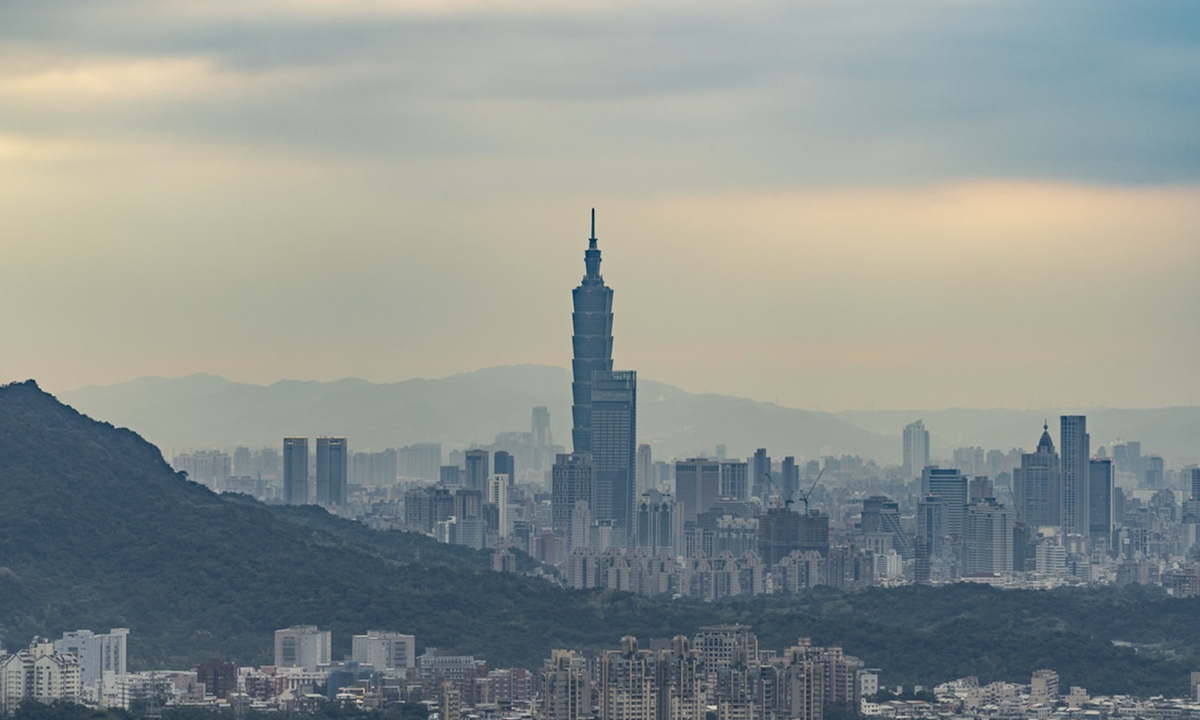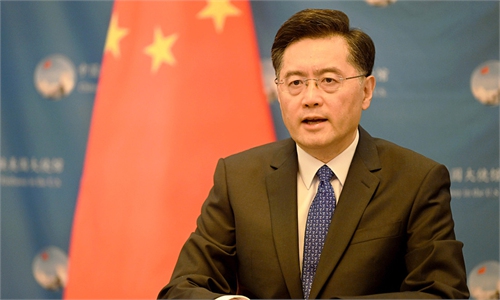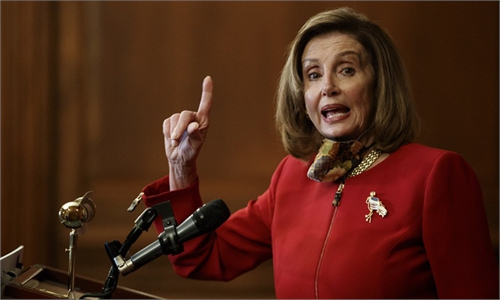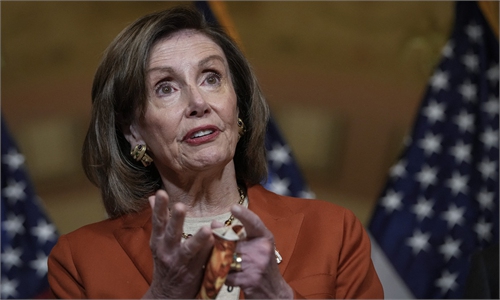DPP authorities show ‘ambivalence’ after Biden reiterates support for one-China policy

Taiwan Photo: Unsplash
One day after US President Joe Biden said that the US has not changed its position on the one-China policy and reiterated Washington's opposition toward "Taiwan independence" during a phone conversation between Chinese and US leaders on Thursday night, the secessionist Democratic Progressive Party (DPP) authorities in Taiwan thanked the US for supporting the island's safety. The DPP also said it had been briefed by the US about the phone call.
Against the backdrop of the reported plan by US House Speaker Nancy Pelosi to visit the island of Taiwan, which is likely to cause a cross-Straits crisis, the Taiwan authorities' distorted interpretation of the warning about the situation across the Taiwan Straits issued in the dialogue between the Chinese and US leaders reflected a risk-taking mentality to seize every opportunity to boost its chances in the upcoming local elections, analysts said.
A spokesperson from the external affairs authority on the island of Taiwan said on Friday that the US briefed Taiwan immediately after the talk between Chinese President Xi Jinping and US President Joe Biden. She thanked the Biden administration for repeatedly emphasizing the "rock-solid" ties with the island, as well as the importance of Biden's "firm support" for Taiwan's security.
During the meeting, Xi warned Biden that "those who play with fire will perish by it." Chinese Defense Ministry spokesperson Wu Qian on Thursday expressed firm resolve, saying "action is the most powerful language."
Kuo Jeng-Liang, a Taiwan-based commentator and a DPP member, said that a visit by Pelosi would not be cause for optimism, as the Chinese mainland would "redraw its military red line," along with some political and economic measures to target Taiwan secessionists that collude with US politicians, Taiwan-based media reported.
The DPP authorities ignored Biden's statement that one-China policy remains unchanged and that he would not support "Taiwan independence." Instead, the DPP emphasized that the US opposes unilateral changes to the status quo across the Taiwan Straits, which suggests a sort of containment against the mainland, Chiu Yi, a former "lawmaker" in Taiwan and a Taiwan-based pro-reunification scholar, told the Global Times on Friday.
"It is totally out of electoral considerations that the DPP is misguiding and deceiving the Taiwan people, by manipulating 'anti-China' sentiment," Chiu said.
The Taiwan authorities did not confirm or deny Pelosi's visit, but Su Tseng-chang, head of Taiwan's executive body and an extreme secessionist, said on Wednesday that Taiwan welcomes all "friendly guests," and arrangements will be made if any foreign guests visit Taiwan.
Citing sources, the US media outlet NBC reported on Friday that Taiwan island was "tentative" about Pelosi's upcoming Asia trip, which will also include visits to Japan, South Korea, Malaysia and Singapore.
By picking out words that are in favor of Taiwan, the DPP authorities appear to be trying to suggest that the US is saying one thing and doing another when it comes to the one-China policy, at a time of heightened tensions between China and the US, Chiu said.
Analysts said the DPP authorities are not unconcerned about the risk of military conflict caused by Pelosi's visit. But they are also reluctant to pass up an opportunity to flame anti-Chinese mainland populism, which has composed its ambivalence.
Live-fire drills will be held in waters near Pingtan in Fuzhou, East China's Fujian Province on Saturday, Pingtan authorities announced on Friday. Pingtan is only 125 kilometers away from the island of Taiwan.
Pelosi's arrival could trigger a military standoff. There are likely to be dozens of warplanes from the US, the Chinese mainland and Taiwan over the island, a Beijing-based expert told the Global Times on condition of anonymity.
It would be wrong to say that most Taiwan people are looking forward to Pelosi's visit, and perhaps even diehard Taiwan secessionists are not either, as the risk of military conflict from the provocative tour would not only end a peaceful life, but also spell the end for Taiwan secessionists, the expert said.
In a New York Times opinion piece on Thursday co-authored by renowned US Taiwan question expert Bonnie Glaser and US scholar Zack Cooper, it suggested that Pelosi should postpone the visit to Taiwan, and the White House should convey to Beijing that the US supports the one-China policy and does not support Taiwan secession.




